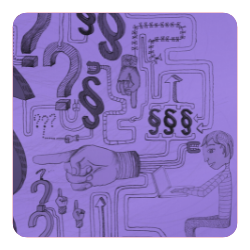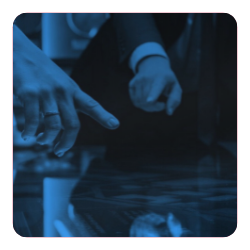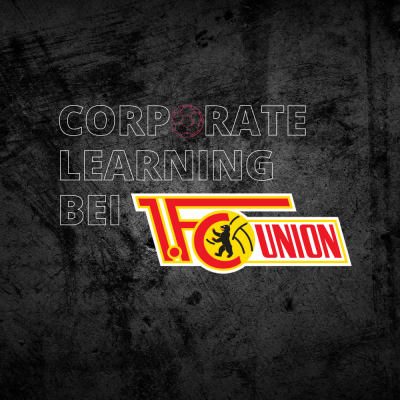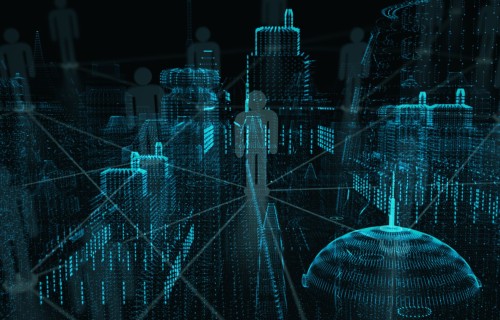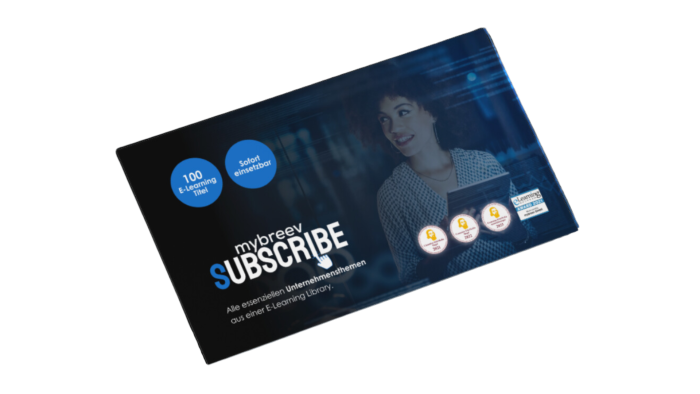Unconscious Bias: The manipulator at work
Pigeonholing is widely outlawed and considered one of the biggest obstacles to equality and diversity across the board. It's no wonder, then, that many companies have dedicated themselves to the fight against unconscious bias and are constantly working on new concepts to reduce distortions of perception, if not completely, then at least sustainably. After all, subconscious prejudices, also known as unconscious bias, can hardly be completely eliminated. After all, in many cases they have grown historically and are hardly recognizable without deep self-reflection - they are a natural predisposition for coping with the complexity of our environment.
That's why many companies choose a different path: they help their employees and managers to help themselves and show them not only widespread distortions of perception, but also what effects they can have and what they can do about them.
Prejudices can have far-reaching effects - also at work
Self-reflection is the key to more openness and less bias. Because one thing is certain: Unconscious bias can have far-reaching negative effects on the success and culture of a company:
Work climate: where prejudices prevail and people are quickly put into predefined pigeonholes, no open cooperation can develop. For this, unprejudiced interaction is essential. That's why specific team-building measures should always take into account the elimination of possible prejudices.
Diversity & Inclusion: Unconscious bias stands in the way of the step from integration to inclusion. Even more: it prevents equal opportunities and promotes injustice and unequal treatment. It has long been known that companies that not only proclaim diversity, but actively live it, can be more successful in the medium term.
Recruiting: Anyone who allows their judgment to be influenced by unconscious associations when selecting personnel runs the risk of not making the best or even the wrong personnel decision - with serious consequences for the success of the team or the entire company.
Fairness: Unconscious biases make social relationships susceptible to targeted manipulation. This is because blenders thrive on Unconscious Bias. This means that you run the risk of not judging objectively, but of allowing yourself to be unconsciously influenced. The result: unfair and therefore wrong decisions.
Unconscious Bias: Sensitizing employees
The examples mentioned are only a selection of where and how unconscious bias can have a negative impact in everyday business. But what can company managers do to prevent pigeonholing and encourage employees and managers to be more open and self-reflective? - Professional training and comprehensive awareness-raising measures attract the attention this topic deserves and can provide valuable recommendations for daily practice. Security Island has developed a multimedia e-learning to promote open, fair and equal interaction and gradually reduce Unconscious Bias.

